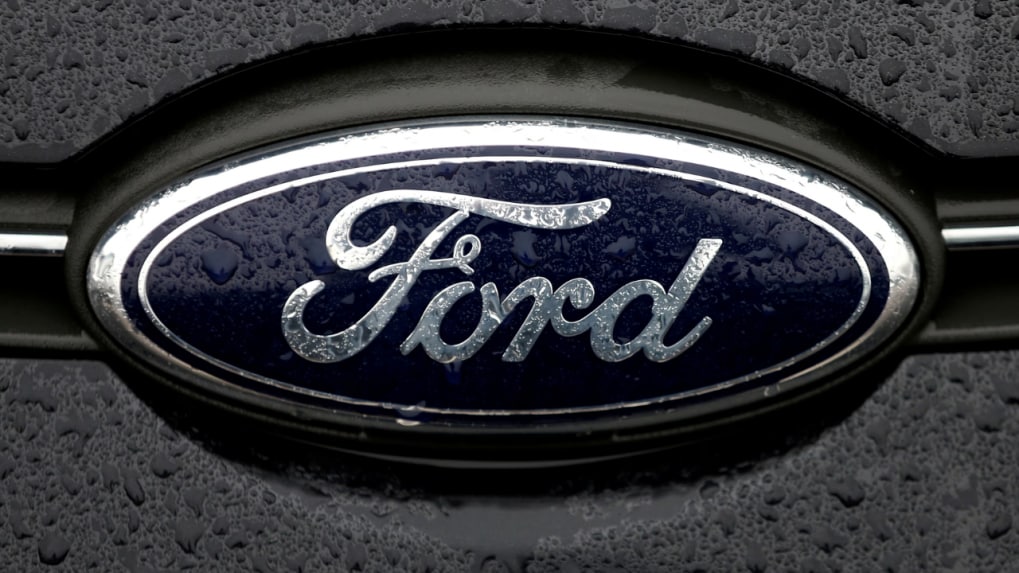Digital
Why OpenAI is hiring 100 ex-bankers: Inside the ChatGPT-maker's secret project to automate Wall Street's grunt work

Ford Motor Company plans to invest about $370 million, in India to produce high-end engines for export markets, according to a Bloomberg report citing person familiar with the company’s plans. The move marks a significant return for the American automaker, which shuttered its manufacturing operations in the country four years ago.
The investment will revive Ford’s plant in Maraimalai Nagar, near Chennai, in the southern state of Tamil Nadu. The facility is expected to be retooled to produce more than 200,000 engines annually, the person said, requesting anonymity because the details are private. The engines are not expected to be shipped to the United States, though it remains unclear which export markets Ford will target. An official announcement could come as soon as this week, the report added.
Ford’s decision highlights the company’s renewed interest in India, one of the world’s largest auto markets, even as it continues to recalibrate its global manufacturing footprint. The automaker had first signaled its intent to resume production in India about a year ago and has been laying the groundwork for the investment in recent months.
The plans are unfolding against a backdrop of renewed trade tensions between Washington and New Delhi. Earlier this year, President Donald J. Trump imposed a 50 percent tariff on Indian imports amid a trade dispute.
The investment also places Ford in a politically delicate position. During his first term, Trump harshly criticized the company for expanding production overseas, urging U.S. automakers to focus investment at home. More recently, however, Ford has earned praise from the White House for its commitment to domestic manufacturing, particularly its push into electric vehicles and new production at U.S. plants.
From purpose-driven work and narrative-rich brand films to AI-enabled ideas and creator-led collaborations, the awards reflect the full spectrum of modern creativity.
Read MoreIn a wide-ranging interview with Storyboard18, Sorrell delivers his frankest assessment yet of how the deal will redefine creativity, media, and talent across markets.